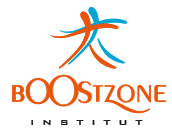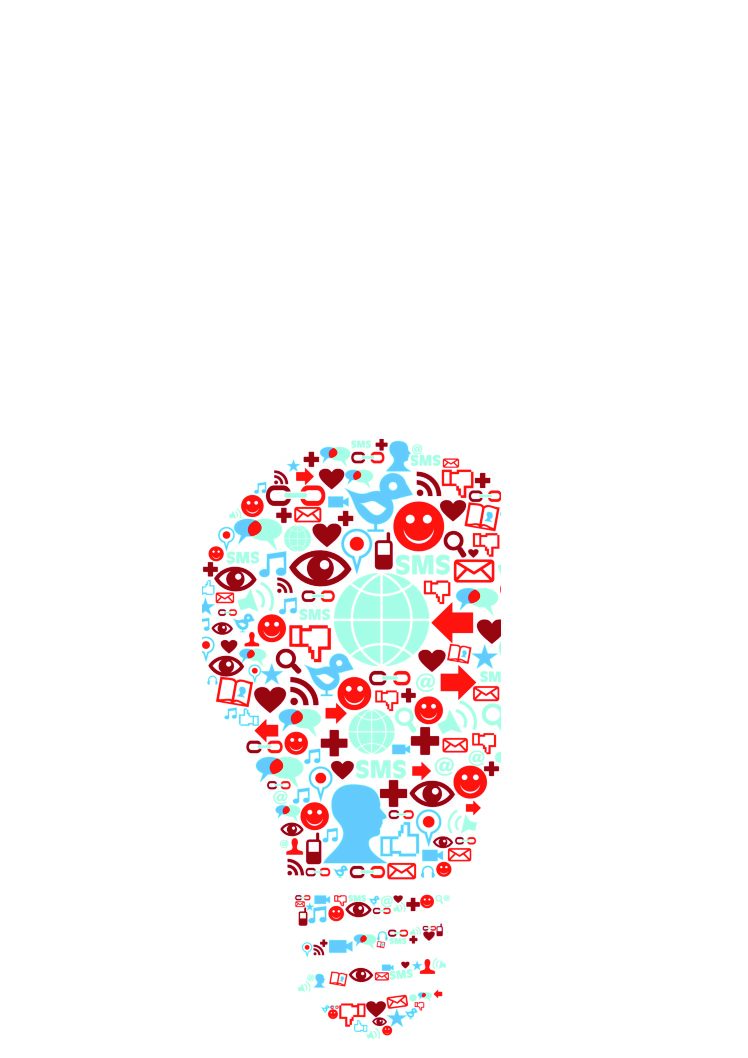The program of Techonomy , as well as the various sessions « live » , can be found at http://www.techonomy.com/. The twitter comments can be found at #techonomy12 .
This post is narrow (it reflects only a tiny part of my notes) and biased, (it only reflects my major personal takes of the day and only in the field of management and strategy implications). What is said here was not necessary said in the various discussions but is what I decided to hear, interpret and share.
The order of the point is more or less random.
This second day was still dealing with big data but also with 3D printing, geo engineering, economic analysis around technological progress, marketing, robotics and peer economy.
• The fact that the new social Commons are not accounted for in the GDP and that therefore GDP is largely underestimated by this lack of measurement leads Eryc Brynjofsson and Andrew MacAfee to suggest to consider time spent for contributing as an economic value. The concept is relevant for society but even more for corporation when time spent in collaborating (e.g. to knowledge management or internal social networking) should be valued at various levels: market cap valuation, IP development, etc.
• Productivity gains due to automation are here to last, jobs will disappear as long as we are not collectively able to generate more jobs or to help people gather the skills needed (skill mismatch concept). This extremely serious issue is debated but no sense of solution is seen. I still believe we need to make progress on understanding how productivity, management and CSR should be combined. I wrote on this earlier on https://www.boostzone.fr/2011/03/how-good-management-can-generate-unemployment/
• 3D printing capabilities are ever more proven and are definitely entering into the market; “Making things matters” again (Steve Houver, PARC). I can’t see any industry not being affected within this decade. Most challenged ones are those with many individualized products (medical for prostheses) or with high level but low turn inventories (glass frames, spare parts, etc.). Many foresee a future with 3D printers close by the local FEDEX office. It will challenge many logistic chains and production chains.
• Education needs to be seriously overhauled in order to prepare the students to learn how to learn all along their life but the most important challenge remains to trigger intellectual curiosity and mental agility for all, from children at school to middle age executive who don’t see the necessity to change. A way could be to show to them the growing isolation they risk.
• Students at school help each other; within corporations it is probably important to foster more co-training and co-coaching.
• Major changes are expected, because of BigData in Education, Health Care, Energy, I would add all actors of the labor market because the knowledge of supply, demand and intermediation techniques will be dramatically enhanced.
• Retail will be transformed mostly by the arrival of mobile and social technologies; salesmen will have to change completely their role. Also retail will resist some technologies like NFC since it could deprive it from some customer information. Any industry needs to revisit when and where it gives up information that could be valuable.
• Self driven cars could develop quite fast during the next two decades. If true it could change significantly the labor market of drivers of all sorts but also what and how we work in cars. A challenging thought.



